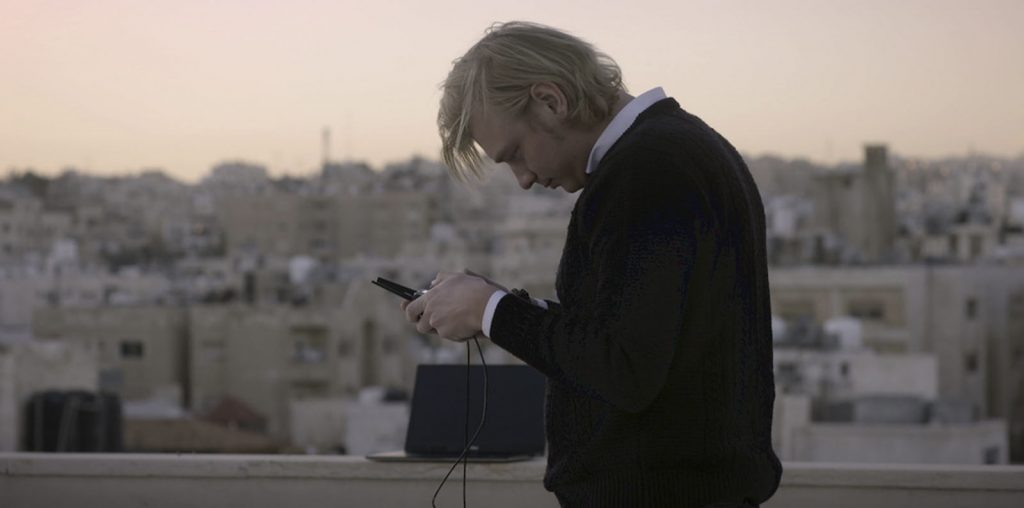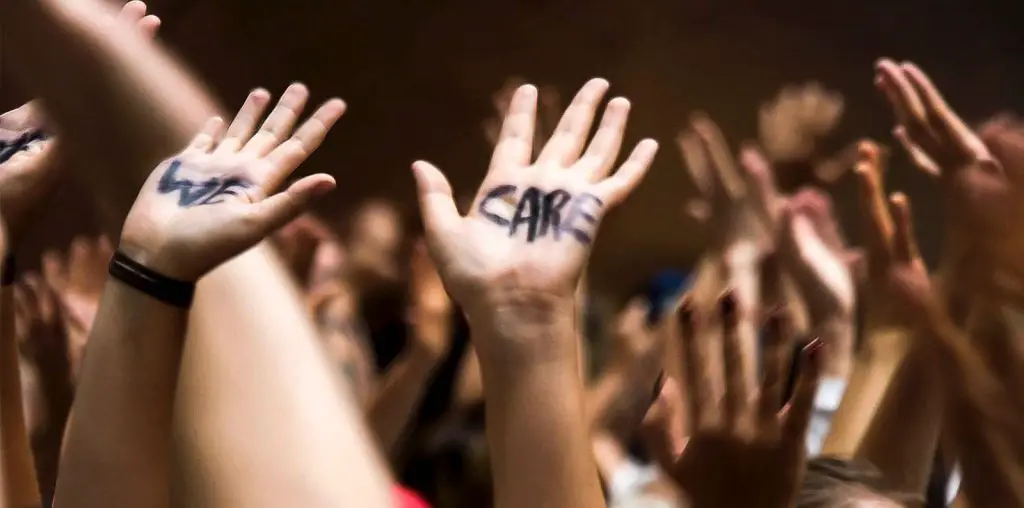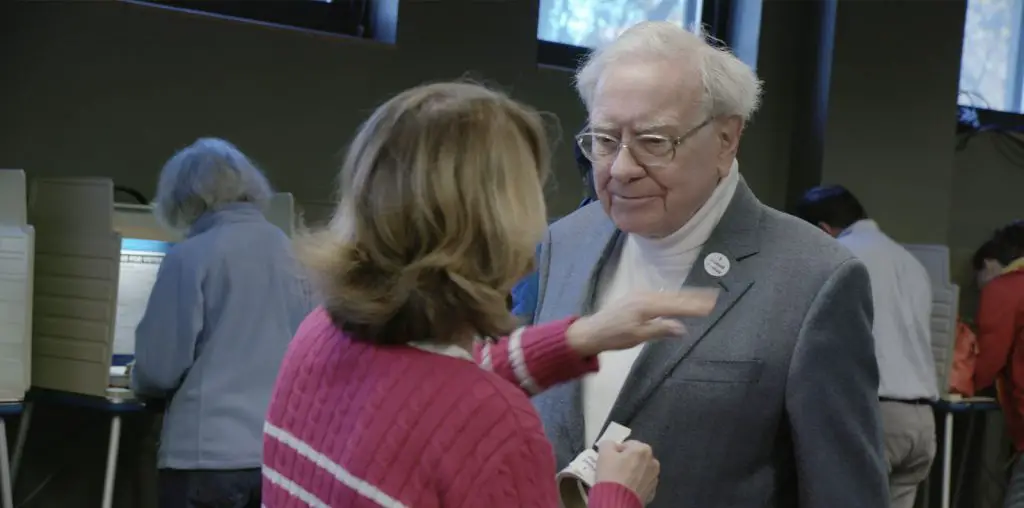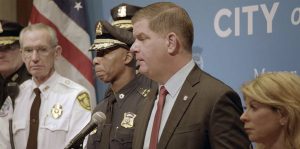
City Hall is a time capsule, as it was shot in the much more halcyon days of 2018, well ahead of the decade-of-a-year known as 2020. But it does demonstrate just how a community should work outside of a deadly global pandemic. That is largely due to Walsh, who occupies much of Wiseman’s film.
Knowing this, you can excuse the documentary for its rather staid approach to the police in terms of race relations in the multicultural city. It does, however, address the creeping gentrification projects that are often aligned with a city’s “developmental growth.” We witness the fear, pain, and anxiety of minority residents as the encroaching projects creep slowly toward their homes. And despite the year of its filming, the early effects of the current administration in the White House resonate here. At one point, Walsh contrasts the ease of approaching past presidents with the lack of communication he currently endures.
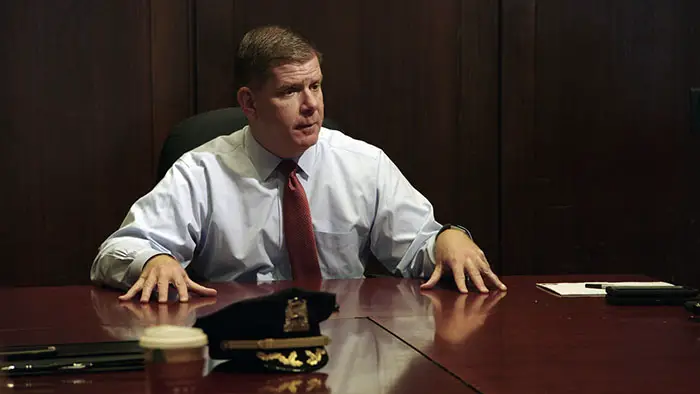
“…easy to get lulled into the day-in-the-life video essay…”
Walsh demonstrates the qualities of a leader concerned about the denizens he was elected to represent, regardless of their differences, which is a refreshing change from the name-calling and anger stoking we hear on a nightly basis in this election year. And while he spends significant time on the mayor, Wiseman does not editorialize with narration or numbers, merely letting his cameras roll unobtrusively, capturing clips of dialogue, speeches, and seemingly inconsequential meetings.
Each lingering scene begins to flow into the next. While there is no underlying narrative thread, we start to witness the citizens of Boston, adding rhapsodic voices to the film’s choir as Wiseman conducts his piece that feels organic and spontaneous. Even with its lengthy runtime, it’s still easy to get lulled into the day-in-the-life video essay City Hall that serves as a virtuoso filmmaker’s ode to Beantown. It is also a reminder of the serene, steady, and wicked smart heart of democracy.
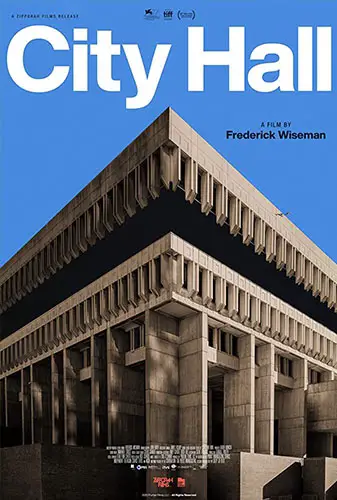
"…Wisemen is not so much a director as he is a symphony conductor."
